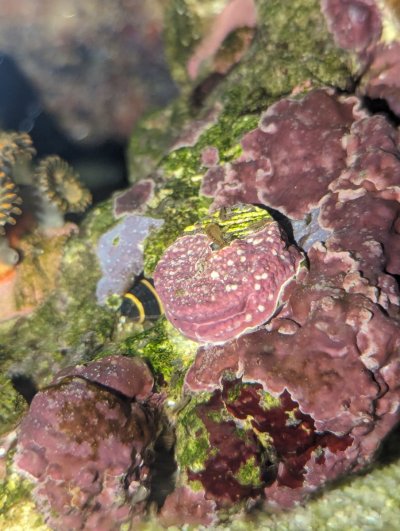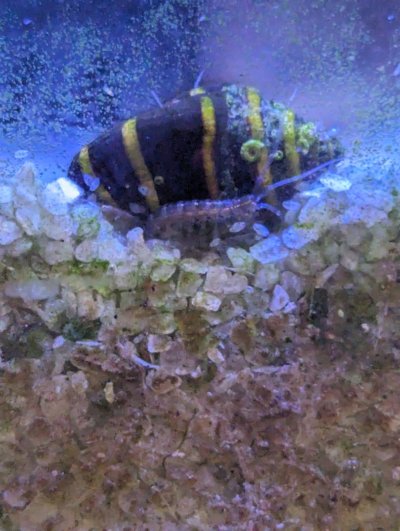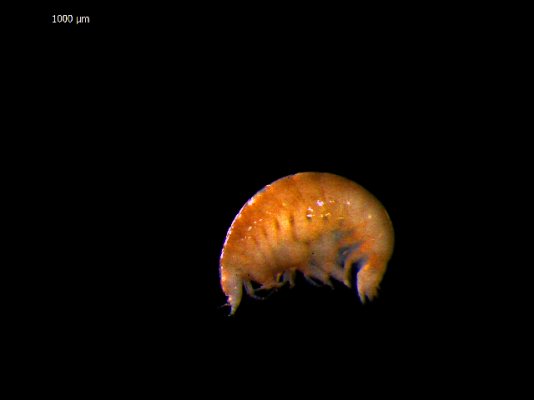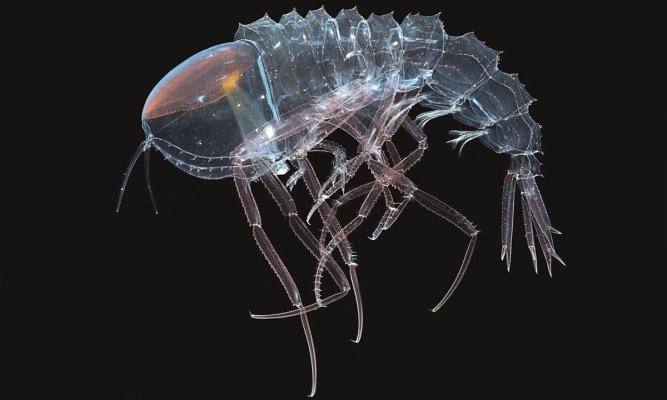I know this is a potentially controversial question but I'm still new enough in this hobby to be finding things out myself.
A night time peak in my tank has revealed an enormous pod population, running rampant all over the sand, rocks and corals. I've also recently lost a few zoa colonies and this evening spotted one pod very happily burying it's way into my now non existent rasta zoa.
Water quality is good so I'm not blaming that for coral issues (35ppt, 8dkh, 450 cal, 1400 mag, 10 no3), but many seem a bit grumpy, as does my BTA. Could the pods be causing my corals to become irritated? Can they actually eat my zoas?
Any tips on control apart from cutting down feeding (I feed sparingly as it is). Tank is a 20g cube with 2 clowns and a goby, so a bit small to house more fish, as much as I would looovvveee a mandarin.
When I say rampant, I mean I can't actually imagine how they all manage to hide in the day as there are that many.
Thanks!
Rasta Zoa Vs Amphipod

A night time peak in my tank has revealed an enormous pod population, running rampant all over the sand, rocks and corals. I've also recently lost a few zoa colonies and this evening spotted one pod very happily burying it's way into my now non existent rasta zoa.
Water quality is good so I'm not blaming that for coral issues (35ppt, 8dkh, 450 cal, 1400 mag, 10 no3), but many seem a bit grumpy, as does my BTA. Could the pods be causing my corals to become irritated? Can they actually eat my zoas?
Any tips on control apart from cutting down feeding (I feed sparingly as it is). Tank is a 20g cube with 2 clowns and a goby, so a bit small to house more fish, as much as I would looovvveee a mandarin.
When I say rampant, I mean I can't actually imagine how they all manage to hide in the day as there are that many.
Thanks!
Rasta Zoa Vs Amphipod























